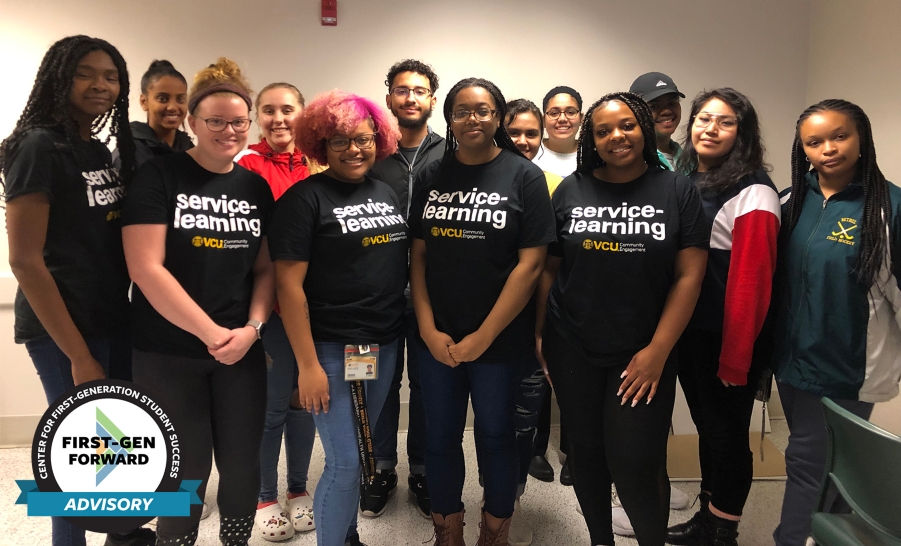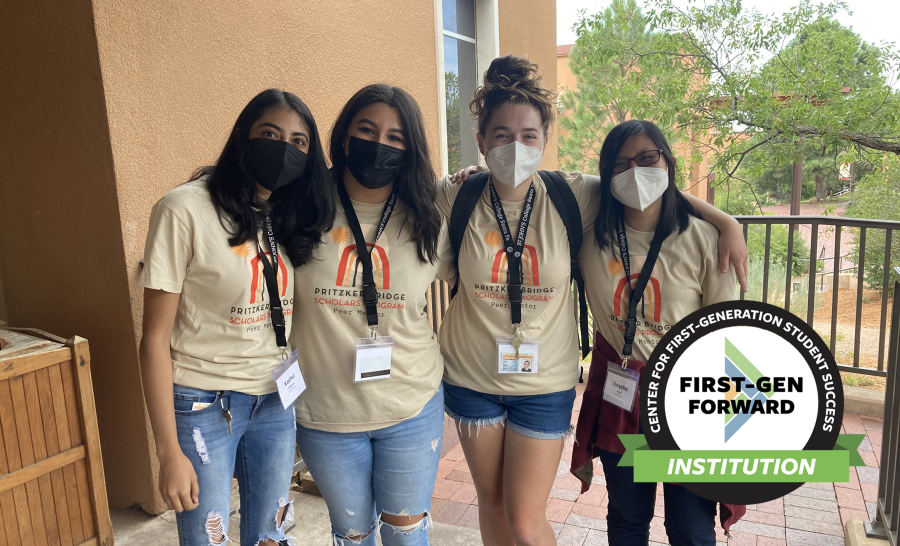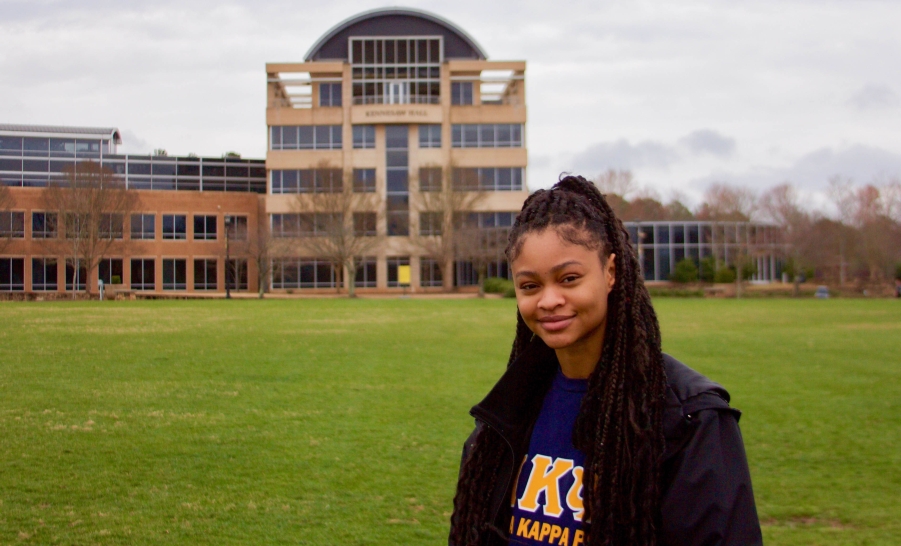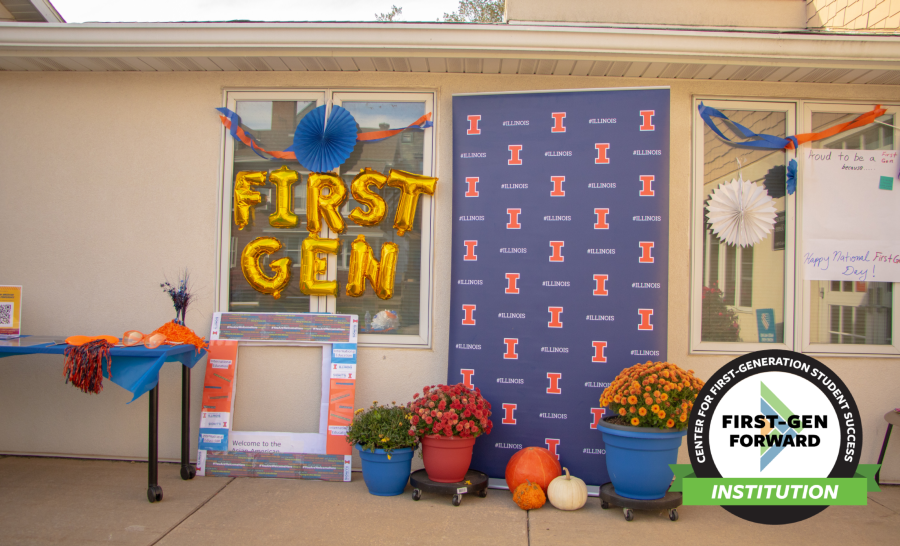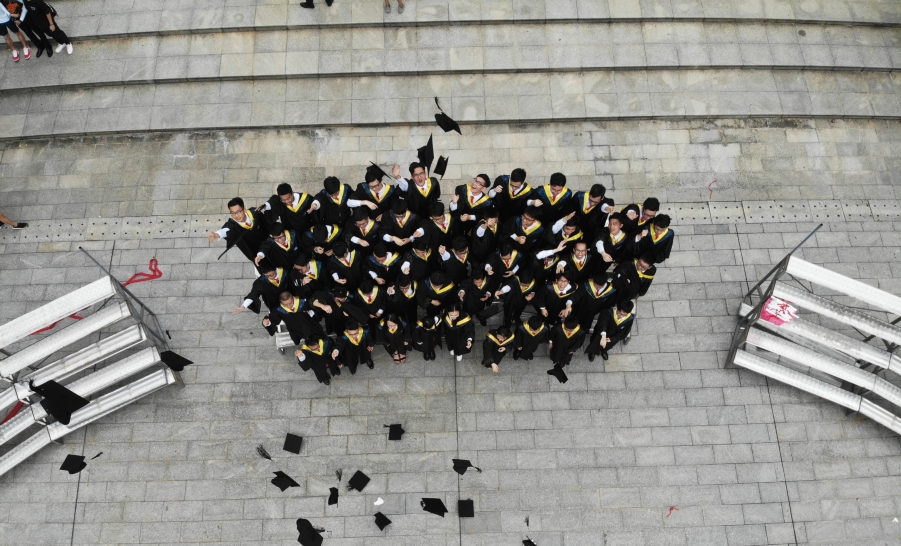First-gen in the First-Year Seminar
James Winfield Ed.D., Southern New Hampshire University / FirstGen Forward / February 22, 2019
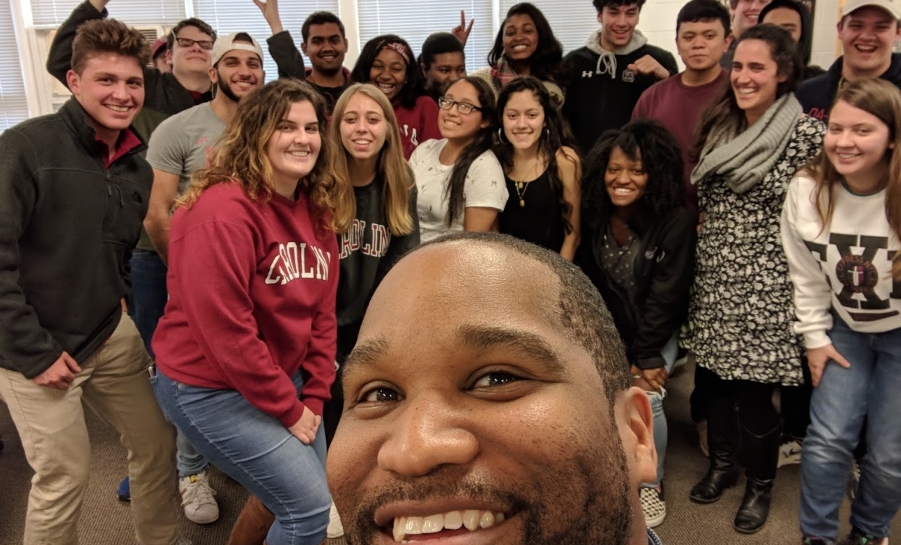
At the University of South Carolina students who participate in the TRIO Opportunity Scholars Program; a program for in-state, low-income, first-generation college students, are enrolled in University 101: The Student in the University. University 101 is a renowned three credit hour course that aims to foster academic success, help students connect and discover the University, and promote personal development, well-being, and social responsibility.
The nationally recognized University 101 (U101) course at the University of South Carolina is a model among first-year seminar courses and the first-year experience.
Each year a cohort consisting of 130 students are identified to participate in the Opportunity Scholars Program (OSP). OSP offers dedicated support including financial aid support, dedicated staff and faculty, and opportunities to engage in undergraduate research, study abroad and various co-curricular opportunities.
As someone who identifies as a first-generation, low-income student, I recall not having a community based on my first-generation identity. My alma mater did not have TRIO or similar support programs for those within this population. I remember feeling different. The acronyms, hidden curriculum of higher education, and managing my new schedule all served as unknown experiences to learn how to navigate. In my first semester, I struggled and even failed a course. However, there was one key experience in my first-year that made a statement on the rest of my time as an undergraduate student, my first-year seminar course. My mother remembered hearing about the first-year seminar course during new student orientation, and after some coaxing, I registered for this course during my second semester.
Going into my second semester, I was on academic warning due to a poor first semester and began to question if I even belonged. The course proved memorable as the assignments forced me to get out of my comfort zone and develop meaningful connections. Also, I interacted with my first campus administrator, the Dean of Students, who later became a mentor for me as I embarked upon a career in student affairs. That first-year seminar course (UNIV 1000, a one-credit version of the seminar) served as a vital factor in enhancing my college experience.
Things have come full circle, I now serve as an instructor for the course that paved the way for me, and I get to serve a student population that I identify with and deeply passionate about supporting. Each year, I am amazed and fulfilled by the energy, conversations, and stories shared by my OSP students. A common practice in this course is hosting one-on-one meetings. These 30-minute to 60-minute long meetings allows instructors the opportunity to learn more about students, familial struggles, hobbies, and unique challenges they may face. They provide a space for instructors to learn more about students and offer timely and relevant support if issues arise. Also, they create connections and provide context to the students who appear disengaged, create space to navigate the phenomenon of Imposter Syndrome, familial guilt, or homesickness. Being attuned to these issues enhances my perspective as an instructor and guides the support I provide to students.
Promoting a sense of belonging, exploring purpose and passions, and navigating the rigors of college are the best practices that all students benefit from, but historically these are points of struggle for first-generation college students. A course like U101 provides students with the opportunity and space to unpack these concerns in a safe, welcoming, and supportive environment.
I often see my students across campus and they usually ask "Mr. Winfield are you still teaching U101 for OSP?" My reply, "Yes." They usually say, "Good!" or "I miss our class" or how things we discussed "made sense" now that they have experienced more in college. These responses and interactions are never solicited, but students are often grateful for the experience they have had. I have even seen students together in groups from their class years later.
“University 101 has really made an impact on my experience as a freshman and as a first-generation college student. This class gave me the opportunity to meet many great individuals and to create lasting friendships along with great memories. In taking this class, I not only got a chance to explore the campus and know about its rich history, but I got the chance to make it my home.” Maria L, Fall 2018 U101, University of South Carolina student
This course has a proven track record of contributing to overall student success, particularly first-generation students. Of the 2017 cohort, the first-generation students enrolled in U101 achieved a year-end 3.25 GPA compared to a 3.02 GPA of those who did not enroll in U101. These gains are also evident in the first-to-second year retention for first-generation students; 84.7 percent of first-generation students compared to 80.7 percent who did not take the course.
First-year seminars are coined as a high impact practice for students, but I think of this course as mutually beneficial to the instructor as well. Truly, the impact that teaching this course has had on my growth and development as an educator has been invaluable. Giving back to students who share a subset of an identity that I, too, carry is the greatest impact of them all.
